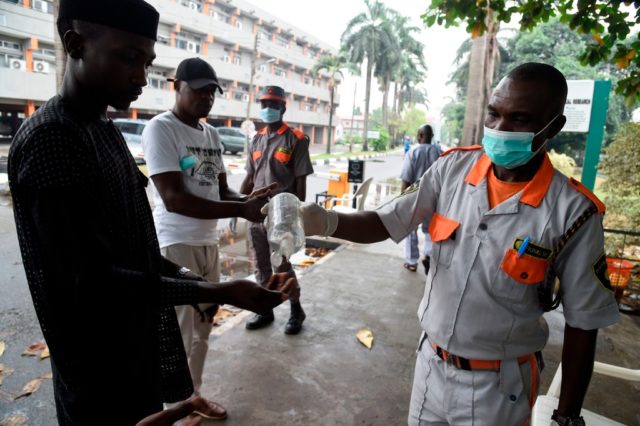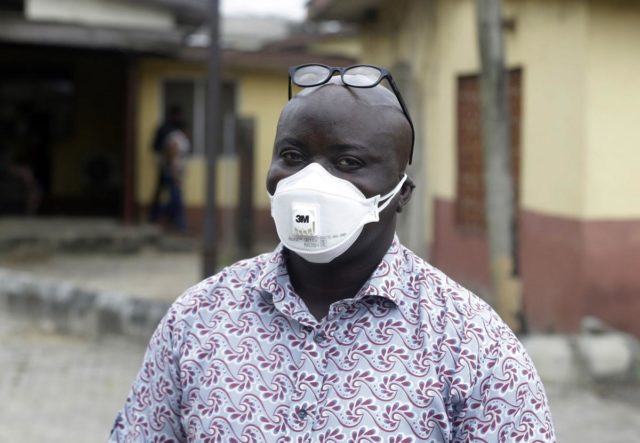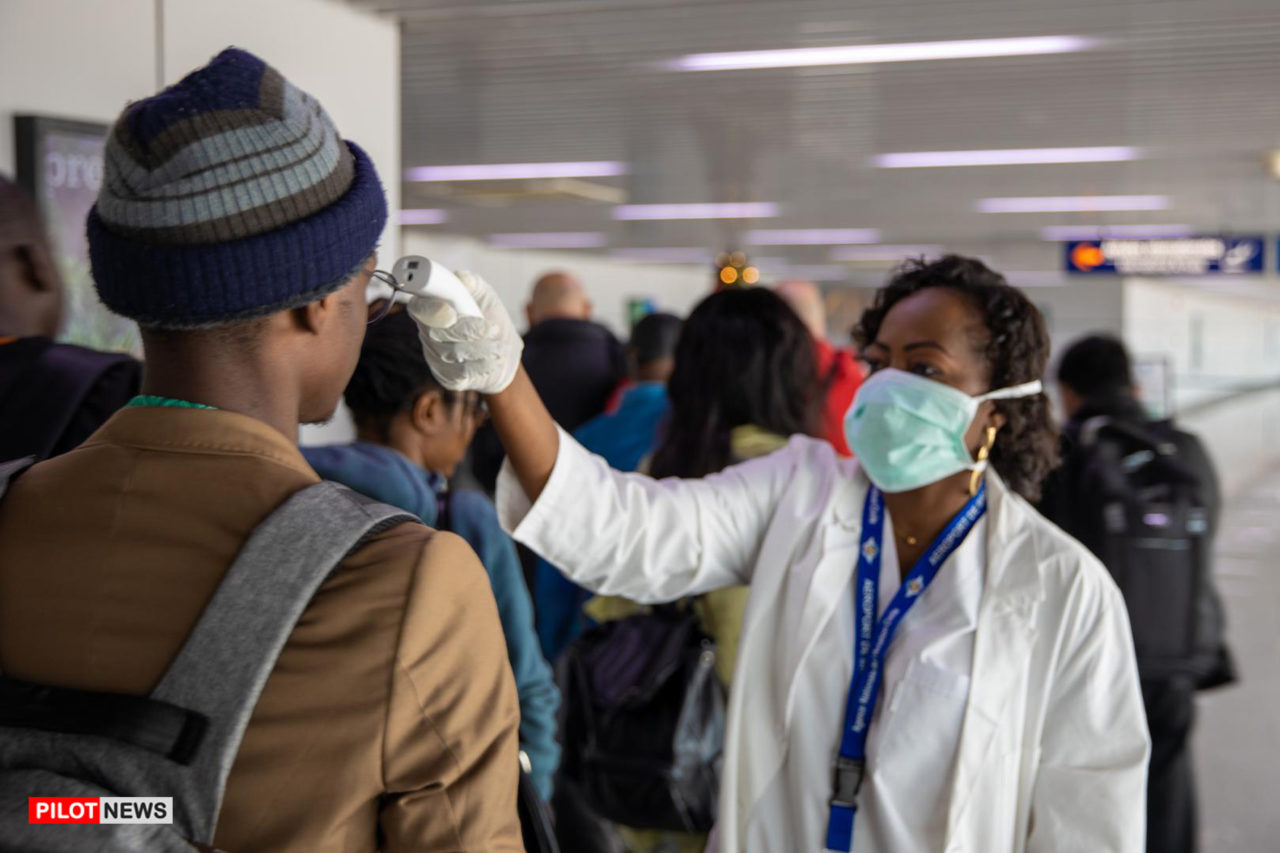Since the announcement that a man who just arrived from Milan, Italy to Lagos, Nigeria, has COVID-19, many people have been asking how the Italian was able to go through the Lagos Airport undetected, despite the health screening reported to be carried out at the airport.
In the early hours of February 28, the Government of Nigeria, confirmed the first case of COVID-19 in the country. The case makes Nigeria the first sub-Saharan Africa country and the third in Africa to report the virus.
Nigerian authorities said the Italian citizen had flown into the country on 24 February in a Turkish Airlines flight from Milan. The Italian man lodged in a hotel close to the airport that evening before embarking on a trip to the company he works for as a consultant in Ogun State – near Lagos. He fell ill and sought treatment at the company’s facility where he was initially treated for Malaria.

Explaining how the man got admitted to a Lagos hospital, the Deputy Governor of Lagos State, Dr Obafemi Hamzat, said on a television show on Friday morning that the doctors suspected the Italian man’s illness because of his travel history.
“He fell ill and I think the doctors were smart enough to say well, this is somebody coming from Italy and just suddenly fell ill and so they took him… So we sent an ambulance there, with the pep jacket, so they brought him in then he was diagnosed.
“The good thing is that he was brought in yesterday morning, within four hours, he had been diagnosed, so our diagnostic tools seem to work better than we expected. Normally it takes about 8 hours, but within four hours, we were about to determine that,” he explained.
Mr. Hamzat said that the infected patient was taken to the 100-bed capacity Biosafety Laboratory at Yaba, in mainland Lagos. He added that the state government was ready.
“We are well equipped and so he is there and getting better. The challenge is not for people to have the virus, if you don’t know, that’s the challenge.”
But the first case of COVID-19 in Nigeria has prompted concerned citizens to question the readiness and capability of health officials at the country’s international airports to detect infected persons. A Nigerian senator, Robert Boroffice, had earlier raised the alarm that health officials were not properly screening travellers at one of the airports.
“When I arrived yesterday at the Nnamdi Azikiwe Airport, there was no screening, all we were given is a sheet of paper to indicate whether we were sick, whether we had been to one country or the other and how we could be contacted.
Comparing his experience to how he was screened in South Africa, the Senator said they were not allowed to exit the plane until they had been screened.
In a press conference on Friday morning in Abuja, The Minister of health, Dr. Osagie Ehanire explained why the virus got into Nigeria through the Lagos airport, undetected. He said the equipment at the airport could not detect the symptoms within the first five days when they had not started manifesting.

“Coronavirus symptoms may not manifest within the first several days. So a person who gets infected may not show any signs at all within the first few days like 3 or four five days and then the symptoms begin. So if a person travels within that window, he can get through anywhere and not be noticed.”
The minister added that the Italian man’s infection was not detected because he showed no symptoms and that he started feeling unwell when he got to his destination Ogun State.
“Wisely enough, he went to the hospital and there, the doctors examined him and I believe they found that malaria was negative and they knew his travel history and immediately referred him for a test in Lagos.”
Officials say that efforts are on to trace the people the Italian had contact with from when he boarded the plane in Milan, till he was diagnosed in Nigeria.
Referencing how Nigeria was able to quickly control the Ebola outbreak in July 2014, experts say that Nigeria has experience in infectious disease control. The index patient of Ebola had arrived Lagos, Nigeria from Liberia by aeroplane. The ability of medical personnel at a Nigerian hospital to rapidly identify the disease, prevented the index patient – who died five days later — from leaving the hospital, limited the number of infected persons to 19, of whom seven died.
Italy is one of the worst hit countries in Europe. Many countries in Europe where COVID-19 cases had been confirmed, had persons who had visited Italy. As at Wednesday 26 February, 400 cases of Covid-19 infection and seventeen deaths as a result of the infection had been reported. Aljazeera reports that Italy is struggling to control the spread of the virus in its northern region. Milan is in Italy’s northern region and the man who brought the disease to Nigeria came from there.
Egypt and Algeria are two other countries in Africa with confirmed cases of COVID-19.
According to the World Health Organisation, Coronaviruses are a large family of viruses that cause illness ranging from the common cold to more severe diseases. It began in Wuhan, China and has since spread to over 50 countries, leaving over 80,000 people infected and thousands dead. Experts say that although a lot is still being learned about the disease, it is spread through droplets and not by air. Nigerians are advised to take basic precautions such as hand washing and respiratory hygiene.
- PHOTOS: After 48 Days in Hospital, Boy Labelled Witch and Abandoned is Discharged - August 8, 2021
- Travellers Complain Over Fly Infested Aminu Kano Airport - August 6, 2021
- Ondo 2020: Mimiko Criticises Akeredolu’s Performance - September 28, 2020


